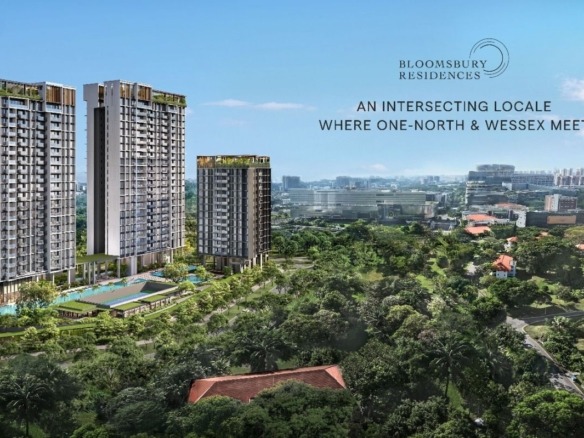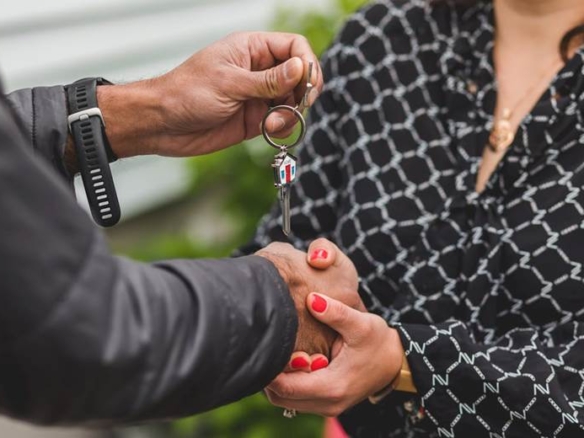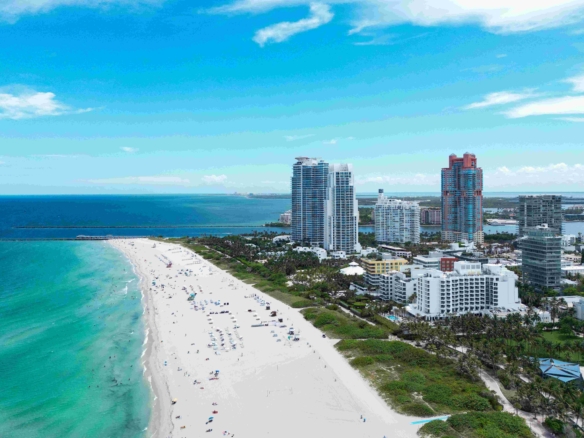Finding yourself in a situation where you’re planning to buy a property means you’ll need to look at the entire process before making the final decision. Rushing into this kind of project can result in certain mistakes you’ll want to avoid.
In many cases, the mistakes people make revolve around the financial aspect. This is why it’s important to make the right decision and avoid some of the common issues when purchasing a property. There isn’t a specific set of rules and steps you’ll need to follow. There are recommendations about things to consider and plan before you begin the process.
To help you with that, today’s guide will discuss the most important financial considerations to ensure you’re doing everything right.
Understand Your Budget
Every purchase option starts with the most important consideration – the budget. Not everyone can live in a big mansion—it’s not because they don’t want to; it’s because they don’t have the budget for it. Looking at your financial situation and talking to a lender can help you better understand your budget so that you know how much you can afford.
With over 60% of homeowners having a mortgage on their homes, it’s clear that this is the most popular option for getting a home. This means you’ll also need to consider other aspects of the loan, such as the downpayment and the interest rates. A larger down payment can get you better terms, but if you’re on a tighter budget, you may have to settle for what the lender can offer.
Consider Other Types of Loans
While the conventional loan is a good option for many people, you might want to consider other types. Government-backed options like FHA or USDA are quite popular, so you might want to look into them. These are primarily aimed at people who either need a loan that doesn’t come with strict requirements or those aiming for a rural or suburban area.
If you’re planning to dive into the real estate investment waters, you might want to consider a DSCR loan. This is a more flexible option, which can be a good choice for some people. That said, it’s a good idea to compare DSCR and conventional loans and decide which works best for you. Generally, these kinds of loans are preferable due to their requirements, but that won’t always be the case for everyone.
Monthly Payments
Getting a loan means the lender will give you the money you need to buy your home, but that also means you’ll need to pay back each month. This is the biggest expense you’ll have for however long the mortgage is, so it’s the first thing to remember. The amount will depend on several factors, including the loan amount, interest rates, and duration. You’ll need to talk to your lender to see how much you’ll need to pay and see if it’s an expense you can handle.
In addition to that, you’ll also need to consider the regular monthly expenses you’ll have for your home. Utilities such as the electric and water bill, cable, internet, etc., are things you’ll need to add to the total amount you’ll be paying each month. Before you consider buying a property, you’ll need to see if these monthly expenses are something you’ll be able to cover or if you’ll need to reconsider your budget.
Maintenance, Repairs, and Renovations
In many cases, people who buy a property go for one that is already used. There are new options, but they aren’t as common as the used ones. In this case, there is a very important consideration you’ll need to make, and it’s in terms of keeping the property in good shape.
Right off the bat, the first thing you’ll need to consider, even before you move it or list it for sale or rent, is to assess the condition. It may need some work in the form of renovations, so you’ll need to keep that in mind and plan it as a financial expense. The amount you’ll spend will depend on the condition. You may need to invest a smaller amount just to tidy it up, or you may need to consider a full renovation project.
Once you’ve settled or started renting the property, you’ll need to factor in the regular maintenance and repairs of the home. Most experts suggest that 1-3% of the value allocated for these activities will ensure your home remains in good shape. Some exceptions and repairs may cost more, so make sure you’re flexible.
Whenever you’re thinking about buying a property, you’ll need to be aware that it’s a process that needs careful planning. Finding a home you like is only one small step, and many others exist before it. Many of those revolve around the financial aspect, something you’ll need to consider to ensure you’re not making any mistakes.




